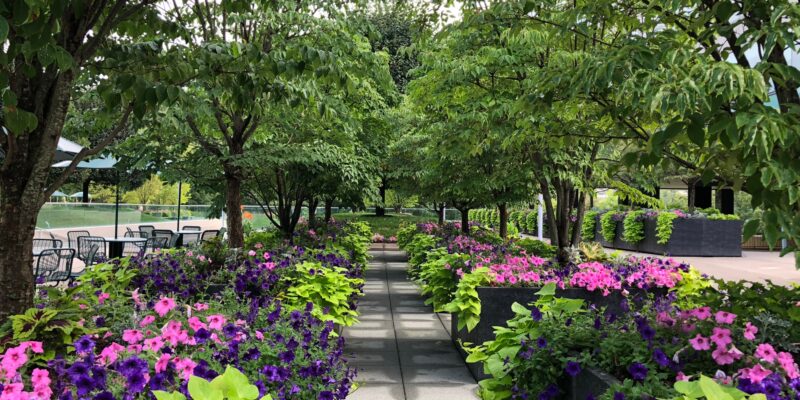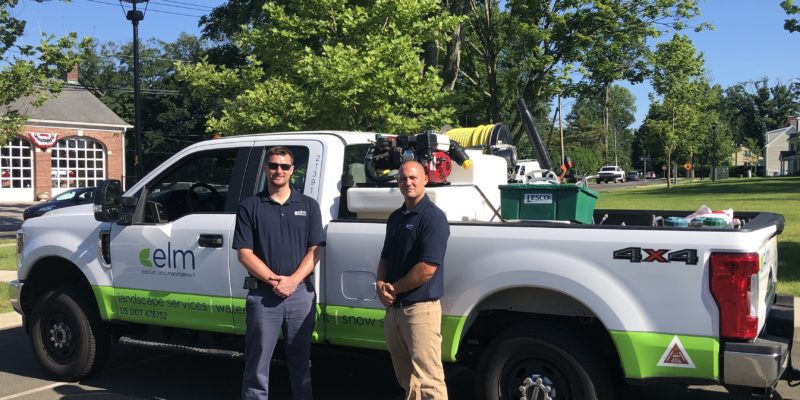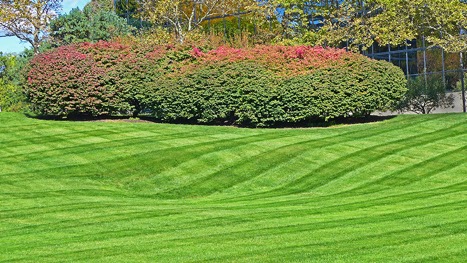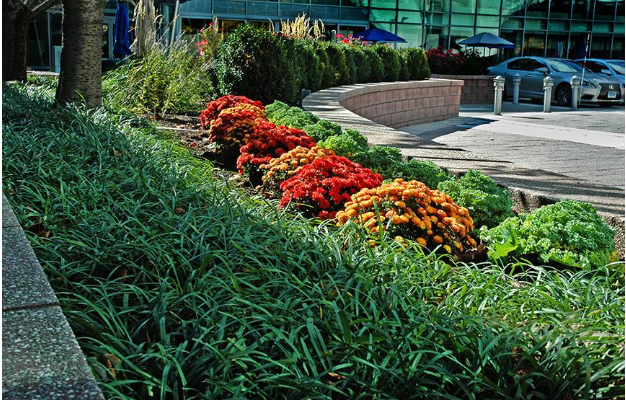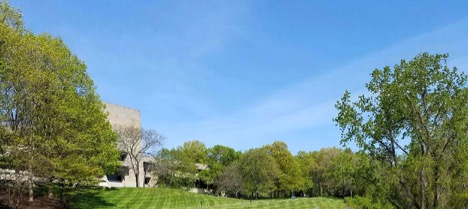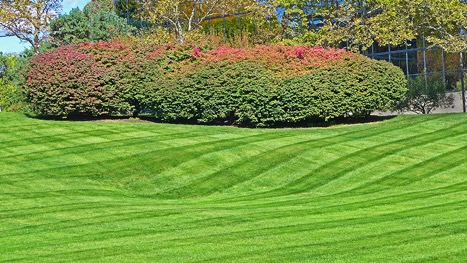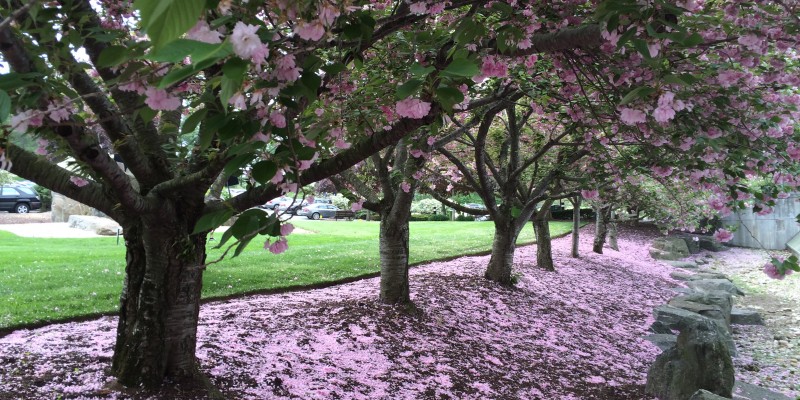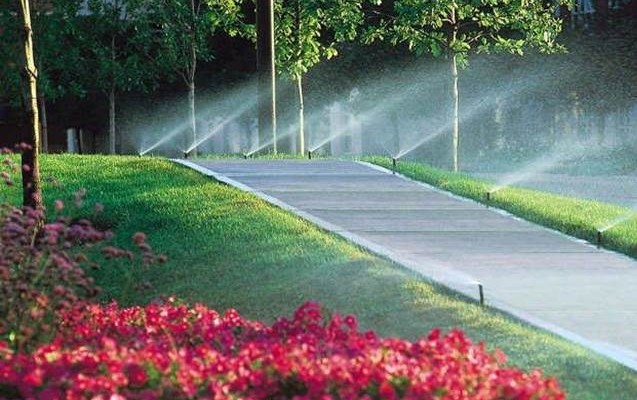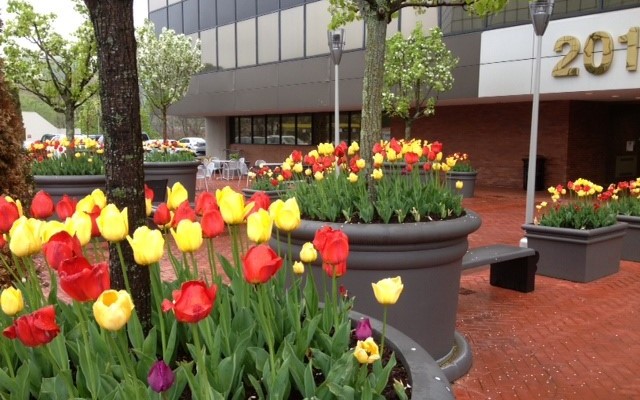Your lawns, trees and shrubs are a growing investment worth protecting.
ELM’s new all-season plant health care program is designed to do that, and more–including scheduled inspections and treatments to keep your soil balanced and nourished, your plants healthy and beautiful, and keep destructive pests at bay, all year long.
Landscapes, like all living things, benefit from good health and if your lawn, plants and trees could use a boost, here’s what we recommend:
- Early Spring – Apply horticultural oil to control scale and over wintering stages of many insects.
- Early spring – Inject a balanced fertilizer into the root zone to boost the overall health of the plant and create new top growth. This will provide the plants with the needed nutrients to last the entire season.
- Spring- Use foliar spray (a practice that involves applying spray directly to a plant’s leaves) to combat insects such as scale, mites, leaf miners, leaf beetles, and webworms just to name a few.
- Spring- Apply optional fungicide spray as needed and do an overall health assessment and recommendation.
- Summer- Apply second round of foliar spray to strengthen and protect plants from insects.
- Summer – Schedule a summer inspection for any signs of fungus or disease and make recommendations for any further applications of fungicide.
- Early fall – Apply a third and final foliar application of insect control to combat any late season insect damage and to help in the prevention of egg laying on the plants.
- Fall – Inject a balanced fertilizer into the root area to enhance root growth, improve winter nutrient storage, and a healthier and faster green-up and growth in the spring.
- Late fall – Apply anti-desiccant for winter burn protection and conserve plant moisture during the cold and windy winter months.
Deer ticks in the northeast are benefitting from warming winters, raising health risks and the potential diseases that they may carry. ELM offers deer repellents, deterrent services, and tick control and prevention—in addition to strategic landscape maintenance practices that reduce tick habitats.
Contact ELM’s plant health care expert Martin Minogue at mminoque@easternland.com, for a complimentary evaluation. And learn why prevention is not only the best cure, but the most cost-effective way to avoid fewer problems with insects, disease and environmental stress in the future.

